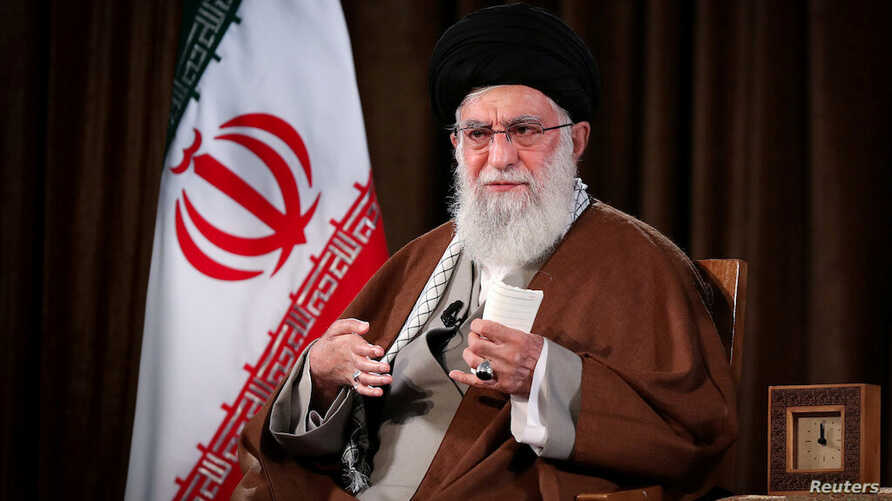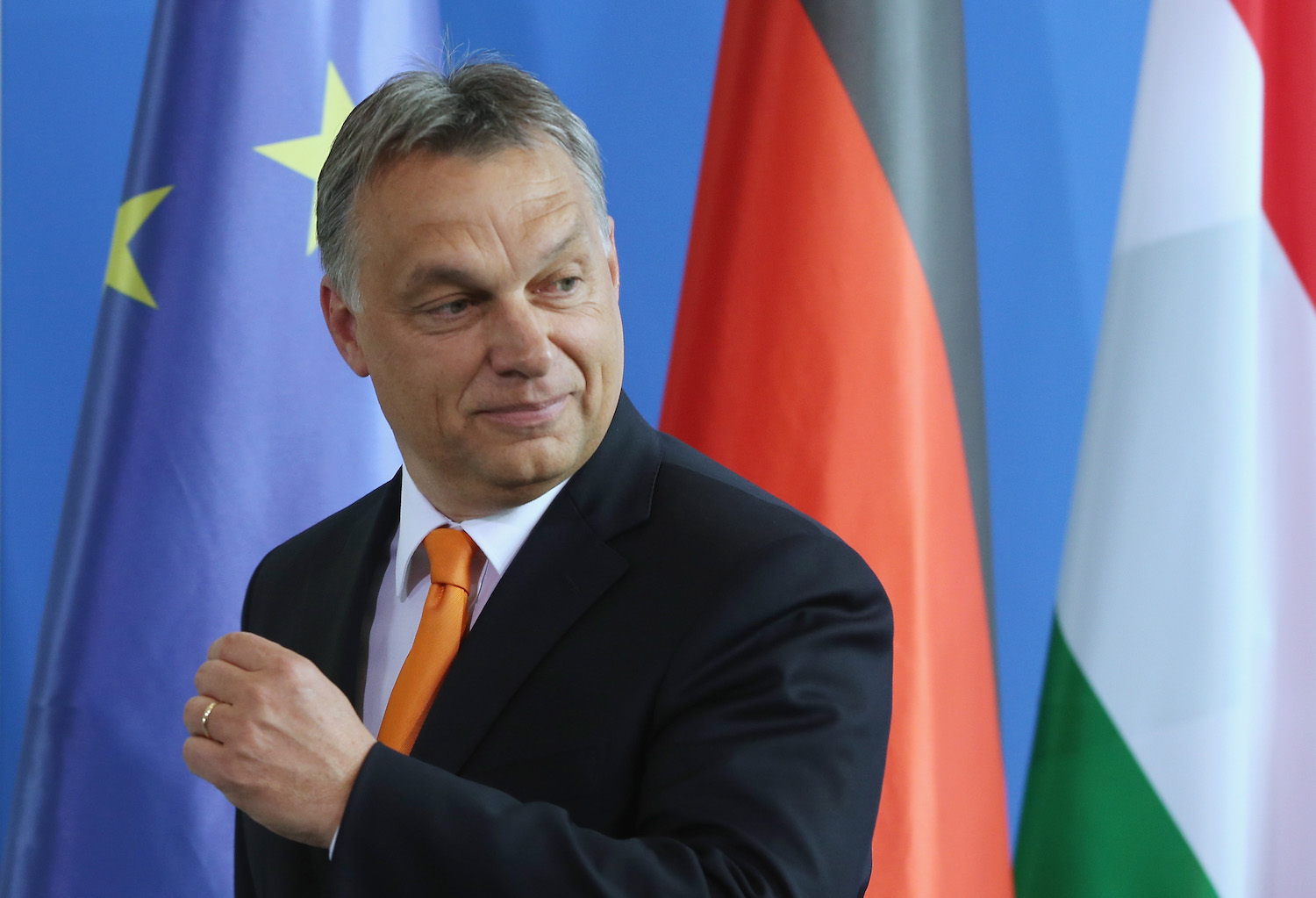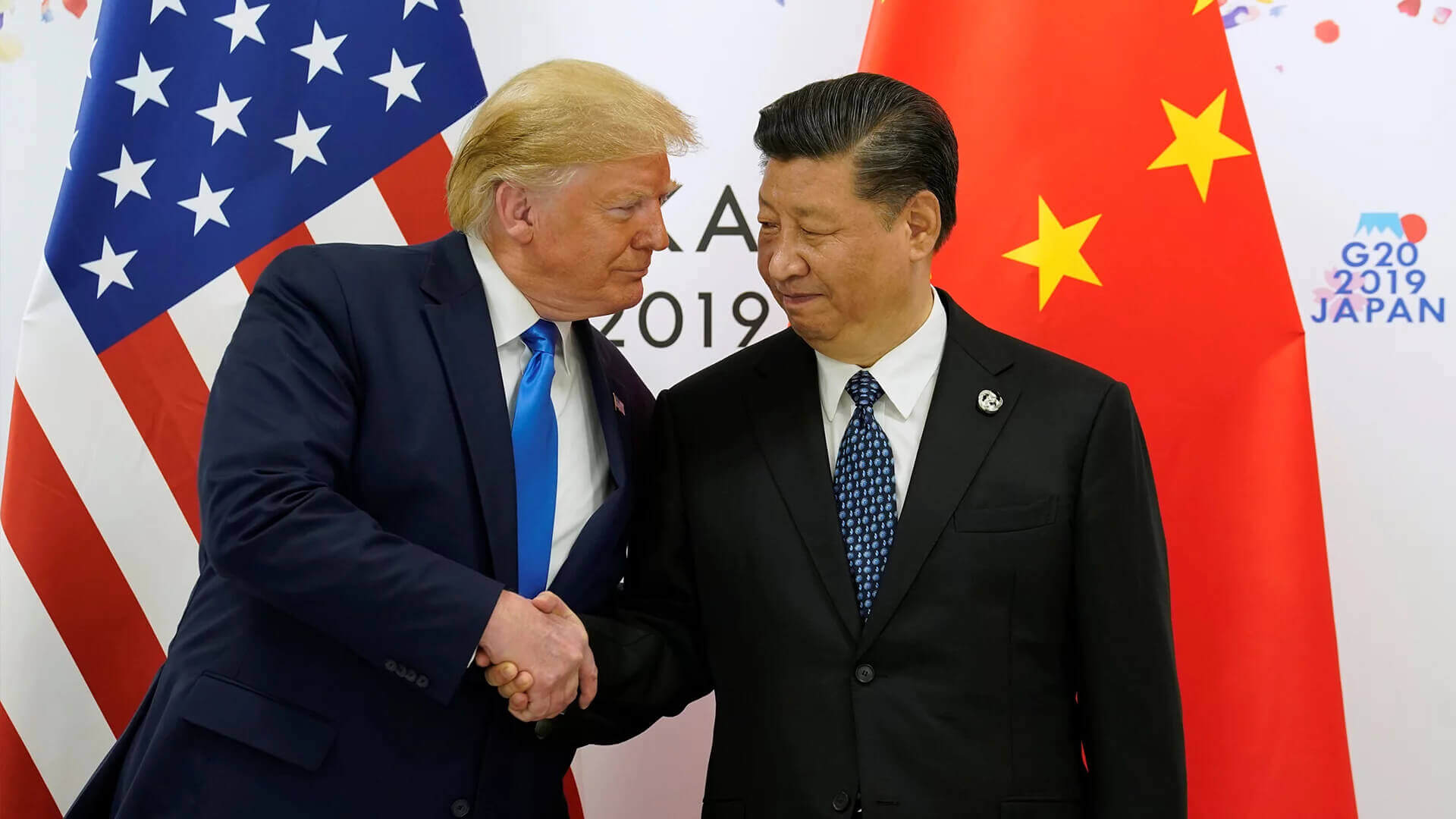On March 23, United Nations (UN) Secretary-General Antonio Guterres issued a passionate if not utopian rallying cry for a “global ceasefire”, in which countries put down their arms and collectively combat the coronavirus pandemic–“the true fight of our lives”. Yet, even if armed conflict were to dissipate, it appears that COVID-19 has only magnified and expanded existing fractures in world politics. At this critical juncture, in which the global community is acutely vulnerable to the squabbles of great power politics, world leaders and countries have further entrenched the deep-seated faultlines within international relations. The “sickness of war”, as Guterres puts it, has long been an indelible feature of geopoliticking, and is unlikely to loosen its grip, even in the face of a global pandemic.
US President Donald Trump and Chinese President Xi Jinping have repeatedly traded punches in an escalating trade war since January 2018, when Trump first imposed tariffs on solar panels and washing machines. It was estimated that the trade war cost the US roughly 300,000 jobs and $40 billion in lost exports. Furthermore, US companies had to pay an additional $46 billion in tariffs, while US consumers were forced to spend roughly $800 more per year due to increased prices. Similarly, it cost China $35 billion in lost exports. Given the two countries' interdependency, wherein 60% of all exports from China to the US are products manufactured by American firms in China, this trade war was mutually destructive. Hence, in January 2020, Trump and China’s Vice Premier Liu He signed the US-China Phase one trade deal, under which both countries agreed to lower tariffs. It was seen as a landmark event that signaled the beginning of a more cordial and mutually beneficial relationship.
During the ongoing pandemic, Trump said countries were “working well together” when he believed that numbers in the US and China were going down, and in fact praised Xi Jinping’s ‘strong leadership’. However, once the falsehood of his proclamations was uncovered and numbers in the US began rising exponentially, he quickly changed his tune by blaming China in order to deflect criticism from his mishandling of the crisis. Soon, Trump and his administration began parroting the ‘Wuhan Virus’ and ‘Chinese Virus’ narrative ad nauseam; one White House official is even reported to have called it the “Kung Flu”. Furthermore, at the G-7 Foreign Ministers’ Meeting a few days ago, the countries failed to formulate a joint statement due to Secretary of State Mike Pompeo’s insistence that the statement refer to COVID-19 as the ‘Wuhan Virus’. The other leaders refused to do so, as they consider the term to be divisive at a time where greater cooperation is required. However, expecting unity without a price under the Trump administration is naïve at best.
China, too, has not backed down in the face of this verbal onslaught by the US. Chinese foreign ministry spokesman Zhao Lijian initiated a war of words with US President Donald Trump by tweeting a conspiracy theory that the coronavirus was introduced to Wuhan, the epicenter of the coronavirus outbreak, by the US military. Zhao also told reporters that “no conclusion has been reached yet on the origin of the virus” and that those who say it originated in China have “ulterior motives”. Another Foreign Ministry spokesman, Geng Shuang, said that the Trump administration repeatedly calling it the Chinese or Wuhan Virus is a “despicable practice” that ‘disrespects’ science and the World Health Organization (WHO).
2/2 CDC was caught on the spot. When did patient zero begin in US? How many people are infected? What are the names of the hospitals? It might be US army who brought the epidemic to Wuhan. Be transparent! Make public your data! US owe us an explanation! pic.twitter.com/vYNZRFPWo3
— Lijian Zhao 赵立坚 (@zlj517) March 12, 2020
While both countries insist that the trade deal signed in January remains in place, the volatility of US decision-making under Trump leaves the said agreement and Sino-American relations in a precarious position.
Similarly, after Donald Trump withdrew from the Joint Comprehensive Plan of Action (JCPOA) in 2018 and reimposed sanctions on Iran, Iran slipped into the deep recesses of a crumbling currency, skyrocketing prices, and increasing unemployment. Trump hopes that the intensification of sanctions, through a ‘maximum pressure’ strategy, will force Iran to renegotiate the terms of the nuclear deal. The crippling impact of US sanctions has been magnified during the COVID-19 pandemic, during which Iran is struggling to acquire masks, gloves, protective clothing, medicine, and medical equipment, or even receive humanitarian aid. While the US did offer aid to Iran, some have suggested that this olive branch is simply an arm-twisting measure to force Iran to accede to American demands on the nuclear deal.
Thus, like a cornered tiger, Iran’s Supreme Leader, Ali Khamenei refused the US’ poisoned chalice of aid. However, he didn’t stop there. Like Zhao Lijian, Khamenei, too, spouted unfounded conspiracies, saying that US doctors and therapists would only come to Iran to see the “effect of the poison they have produced in person” and that the virus “is specifically built for Iran using the genetic data of Iranians which they have obtained through different means”. Thus, rather than ushering in a new era of cooperation and compassion, the US has used the coronavirus pandemic to advance its existing policy objectives, while Iran’s leadership has retreated even further into a greater state of volatility and paranoia, thus eliminating the possibility of meaningful dialogue and a symbiotic relationship. "
The Trump administration has also gleefully pounced on this opportunity to cement its hardline immigration stance. With the closure of its southern border, where asylum seekers are being turned away without a right to a court hearing or an investigation into the validity of their applications, Trump has finally achieved one of his campaign promises: stopping immigration from the south. And even without a border wall! Admittedly, such measures are necessary given the current situation; there is no other alternative. However, the administration’s declaration that it is doing this for the asylees’ own good, by not “incarcerating them in closed facilities, where the disease can quickly spread”, is questionable, to say the least. The Trump administration’s concern for asylees’ ‘own good’ never stopped it from expanding the operations of border detention centers along the southern border. It never stopped it from separating children from their families and placing them in squalid conditions and in standing-room-only cells with no hot meals. Nor did it bat an eyelid to the rampant sexual and physical abuse in these detention centers, where mumps, measles, chickenpox, the flu, and scabies are commonplace.
Furthermore, Secretary of Health and Human Services Alex Azar said, “during this pandemic, a number of health challenges arise when illegal immigrants arrive at our northern and southern borders and are taken into immigration custody.” Similarly, Trump’s campaign sent out a message to supporters reading: “Pres. Trump is making your safety his #1 priority. That’s why we’re closing BORDERS to illegals”. While limiting entry to the US is a crucial component of disease control and prevention, the administration has frequently framed such policy decisions with an emphasis on controlling illegal immigration rather than on protecting public health, perhaps indicating that it is using the coronavirus as a pretext to achieve existing policy objectives.
This anti-immigrant sentiment has seen a resurgence in Europe as well, where the coronavirus has propelled a new wave of far-right white supremacy. In Germany, the neo-Nazi group Die Rechte, The Right, says that borders should have been sealed off weeks ago to all “non-Europeans”. In Ukraine, the far-right Azov movement said that COVID-19 “generally isn't the fault of white people” and that ethnic minorities in Italy are to blame. In Italy, far-right opposition leader Matteo Salvini blamed Prime Minister Giuseppe Conte’s government for allowing a boat carrying 276 African migrants to dock in Sicily. Although no cases in Italy have been traced back to any of these passengers, Salvini called for “armor-plated” borders. The governor of Veneto, one of Italy’s hardest-hit regions, compared the “hygiene” and “cultural training” of Italians, who, according to him, have a habit of “taking a shower, of washing, [and] of washing one's hands often”, with the Chinese, who he said “all eat live mice or things like that”. 
In addition, Hungary's leader, Viktor Orbán, who has long campaigned against non-European migrants, exclaimed, “We are fighting a two-front war, one front is called migration, and the other one belongs to the coronavirus, there is a logical connection between the two, as both spread with movement.” These calls for border closures, driven in large part by anti-immigrant sentiment rather than concerns for public health, have also been echoed by: Austria’s Freedom Party; Spain’s far-right Vox party leader, Santiago Abascal; and Marine Le Pen, the leader of France’s far-right National Rally party.
The underlying motives of such attitudes were laid bare by the Identitarian Movement in Germany, who unfurled “DEFEND OUR BORDERS” banners in Berlin. In a social media post about the demonstration, the group wrote, “Whether because of the [coronavirus] or the onslaught of thousands of illegal immigrants, [...] border protection is a legitimate and effective way to protect a population.”
Russia, too, has used the coronavirus epidemic to fall back on its tried and trusted strategy of sowing mistrust, instability, and panic by ratcheting up its disinformation campaigns to undermine the power and influence of Western powers. Thousands of accounts have been posting bogus claims that the virus was bioengineered by the US’ Central Intelligence Agency (CIA) to “wage economic war on China” and “push anti-China messages”. Given the influence of Russian “discourse saboteurs” on the 2016 US presidential election, the impact of these obfuscations of the truth on public health outcomes during the ongoing coronavirus pandemic is potentially catastrophic. Moreover, considering the propensity for Chinese and Iranian leadership to advance these conspiracy theories, either to deflect criticism from themselves or to support their confirmation biases of American puppeteering, they can have dire consequences for diplomatic relations as well.
In response to this potentially insurmountable threat, the UK government created a special unit to combat Russian disinformation. Likewise, the Trump administration accused “Russian malign actors” of creating thousands of fake Twitter, Facebook, and Instagram accounts to “threaten public safety by distracting from the global health response”. A monitoring team from the European Union's (EU) diplomatic service, too, collected “80 examples of disinformation” from “Pro-Kremlin media outlets”. They argue that these outlets wish to “aggravate the public health crisis in western countries” and “undermine public trust in national healthcare systems”.
Closer to home, in the months leading up to the coronavirus crisis, China and India were both involved in reciprocal maritime posturing, wherein China was forging closer ties with Pakistan to undermine India’s influence in the Arabian Sea and across the Indian Ocean. Therefore, while BJP’s State unit president in Bengal, Dilip Ghosh, may not be a very high-ranking official, his comments that the “coronavirus infection started from China”, that “[China] has destroyed nature”, and that the coronavirus is “God’s revenge” against China may be seen as a continuation of these bubbling tensions between the two countries. In fact, the Chinese Consulate in Kolkata “strongly condemned” Ghosh’s “erroneous”, “ridiculous and irresponsible statement that is totally contrary to basic common sense”. Given the growing discord between India and China, the burgeoning bonhomie between Trump and Modi, and the deepening anti-China sentiment among India’s public during the ongoing pandemic, a continued propagation of anti-China narratives from Indian government officials–and the continued disintegration of Sino-Indian ties–is not entirely unlikely.
During the recently held G-20 Virtual Summit, Indian Prime Minister Narendra Modi called for a new era of globalization, in which countries take a collaborative approach to usher in a ‘reformed multilateral’ order. However, given that the coronavirus crisis has only forced countries to retreat further into their shells, pursue existing policies with greater ferocity, and engage in vitriolic name-calling, it seems unlikely that this pandemic will force countries to construct a more cooperative international political framework.

